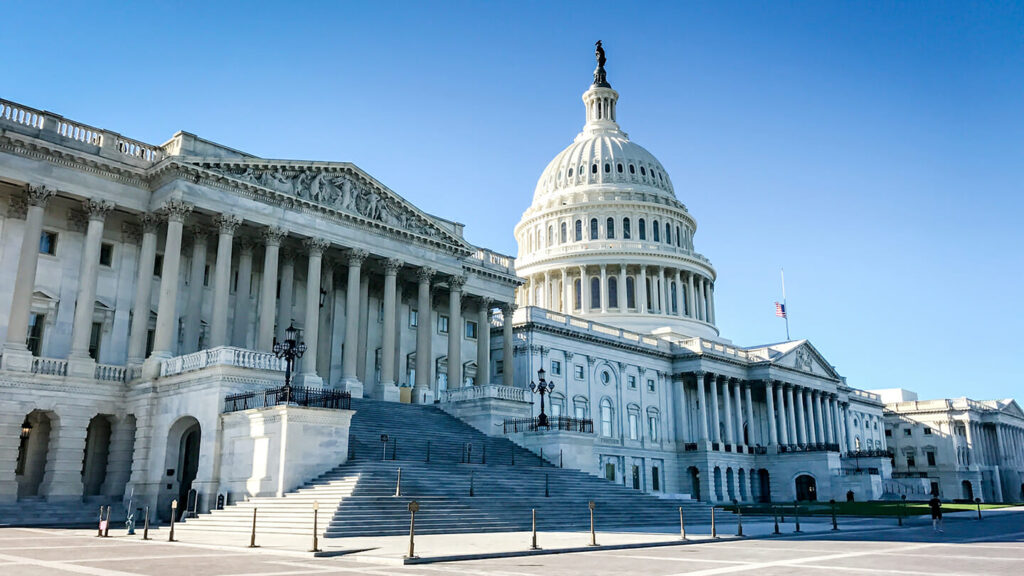

The US House of Representatives has joined the wave of federal politicians weighing in on artificial intelligence in healthcare.
Rep. Brett Guthrie (R-KY) touted AI’s “limitless” potential in healthcare, including cancer screening tools, but also warned that leaders should not “let these technologies go without guardrails” during a congressional hearing Wednesday.
Several healthcare leaders gave testimony, both on the new capabilities AI had afforded their organizations and also on the potential biases they can produce, during the hearing.
Concerns addressed included worries about how transparent AI tools are and whether they are compromising patient privacy.
Although lawmakers broadly weighed potential legislation that could address concerns about AI, the hearing was not focused on any specific bill currently being taken up by Congress.
Several of the speakers insisted that federal regulation on AI would not be as productive as more localized limits and frameworks on how AI is used within organizations.
“While some would advocate for a centralized regulatory body, our experience suggests that local audits could be more effective in ensuring alignment with principles,” Christopher Longhurst, MD, and chief medical officer at UC San Diego Health, said during the hearing, “as these [AI] models must be evaluated within the context of the care they support.”
Speakers also echoed common hopes that AI be used to help aid clinicians and make healthcare workers’ jobs easier, as opposed to supplanting them outright.
The hearing, conducted by the House Energy and Commerce Health Subcommittee, comes several weeks after the Senate reviewed AI’s contribution to cyber scams that target seniors. The Senate Special Committee on Aging also released its eighth annual “fraud book” on the topic last month.
President Biden recently came out in support of both AI and potential regulation to ensure its responsible development in healthcare settings.
On the flipside, healthcare groups have begun to produce materials outlining the existing legal risks associated with AI tools, including how AI-enabled monitoring for health — something very common in the senior living and care industry — could create demand for updated privacy policies and procedures.


